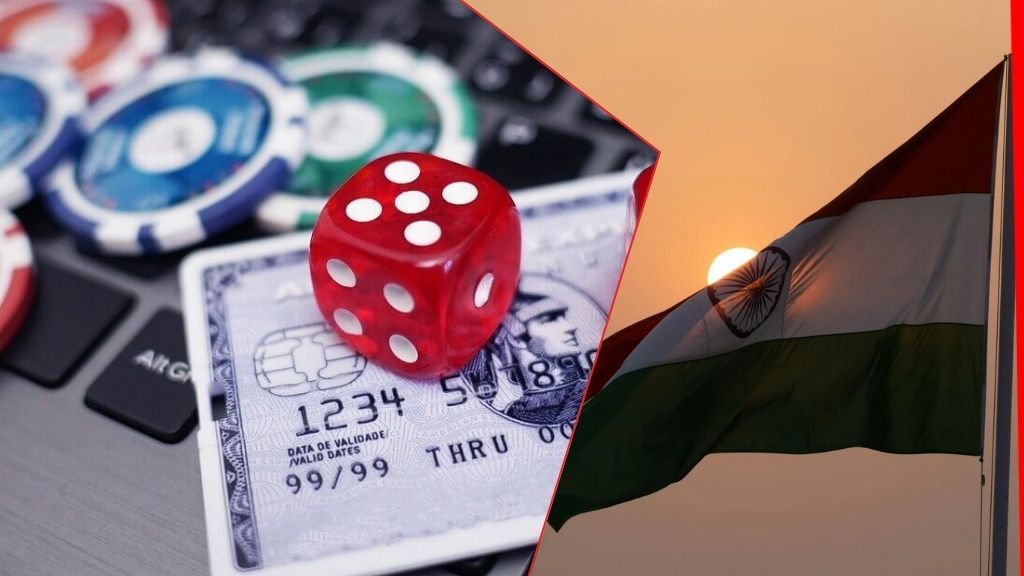
The Indian government is bolstering its control over the country’s gaming sector. The authorities have empowered their tax department to block online gaming websites and applications that evade taxes.
India’s Directorate General of GST Intelligence, also known as DGGI, can act against platforms avoiding goods and services tax (GST), following new rules announced in the Gazette of India this week. Effective immediately, the regulation – SO 95(E) – has granted DGGI the powers to block non-compliant platforms under the Information Technology Act 2000 and GST Act 2017. The Ministry of Finance stated the move aims to curb fraudulent practices in the gaming and betting sector.
The DGGI, a key enforcement body under the GST Council, will target tax evasion activities linked to online gaming. This is part of broader efforts to regulate the industry and ensure compliance with tax laws.
The directive will enable the DGGI to identify websites involved in producing counterfeit GST certificates. The organisation will also track non-compliant business applications that evade tax and prevent the misuse of platforms, such as WhatsApp, for fraudulent transactions.
Under the new government directive, the Department of Revenue is creating a new position of ‘Additional or Joint Director (Intelligence)’ at DGGI headquarters. These officers will serve as nodal points to implement the provisions outlined in Section 14A(3) of the GST Act.
The Indian government has long sought to regulate its gaming sector and tax the unregulated market. Currently, betting is legal in the states of Goa, Daman, and Sikkim. However, multiple gaming service providers have challenged the country’s tax regulations in its Supreme Court.
Several online gaming industry leaders petitioned India’s Apex Court to contest the 28 percent Goods and Services Tax (GST) imposed on iGaming firms, particularly its retrospective application. In December, several companies filed applications requesting a stay on tax collection until the court reaches its final verdict.
According to local reports, the firms’ primary concern relates to the 28 percent GST assessment on entire betting pools. Companies argue that retrospective tax obligations could potentially exceed their total revenue, thereby threatening the sector’s viability. The tax dispute emerged from regulatory changes in the South Asian nation.
India’s GST framework was initially modified in 2018, a crucial amendment in 2023 specifically brought online money gaming within its scope. Since October 2023, gaming companies have been required to pay 28 per cent GST on betting pools, but the tax department is now pursuing claims dating back to January 2018. With the government granting authority to block online gaming websites and applications that evade taxes, the authorities are set to strengthen their position on online gaming.